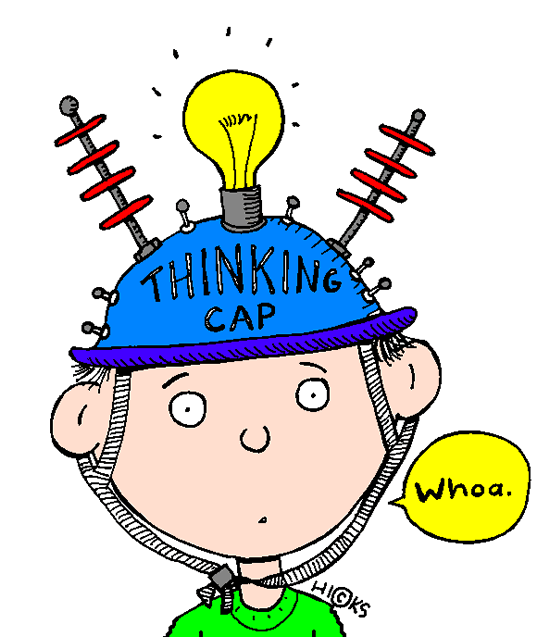 The Prozac, Paxil, Zoloft, Wellbutrin, Celexa, Effexor, Valium, Klonopin, Ativan, Restoril, Xanax, Adderall, Ritalin, Haldol, Risperdal, Seroquel, Ambien, Lunesta, Elavil, Trazodone War
The Prozac, Paxil, Zoloft, Wellbutrin, Celexa, Effexor, Valium, Klonopin, Ativan, Restoril, Xanax, Adderall, Ritalin, Haldol, Risperdal, Seroquel, Ambien, Lunesta, Elavil, Trazodone War
Image Credit: Sep 05, 2008 – Garmsir District, Helmand Province, Afghanistan – U.S. Marine JOSHUA WYCKA age 21who is part of Alpha Company of the 24th Marine Expeditionary Unit (MEU) Battle Landing Team (BLT) 1/6, after a patrol in Garmsir District, Helmand Province, Afghanistan at Forward Operating Base Apache North. Located in Southern Helmand Province, Garmsir has been a haven for insurgents for the last several years. Earlier this year the Marines cleared the area after a period of heavy fighting. Joshua is from Plant City FL and has done a tour in Iraq in addition to this tour. More amazing photographs from Louise Palu (Credit Image: © Louie Palu/ZUMA Press)
An excellent article on the lingering post-traumatic stress of servicemen returning from the war in Afghanistan. I am overwhelmed with the powerful photograph of Joshua Wyka taken by photographer Louie Palu. My youngest son is 21 , and it is unimaginable for me to think of him being exposed to the horrors of war that Joshua has experienced.
Depending on the war, post-traumatic stress can have many expressions, but this war, because of its omnipresent suicide bombers and roadside explosives, seems to have disproportionately rendered its soldiers afraid of two things: driving and crowds. Movie theaters, subway cars, densely packed spaces—all can pose problems for soldiers, because marketplaces are frequent targets for explosions; so can any vehicle, because IEDs are this war’s lethal booby trap of choice. Booth manages his driving anxieties by leaving his Long Island home every morning at 4:30 a.m., when there’s no risk of traffic (especially under bridges, which militants in Iraq are always blowing up), and avoiding the right lane (in Afghanistan and Iraq, one generally drives in the middle of the road to avoid setting off IEDs). Once he gets to the city, Booth parks around the corner from his office and has managed to arrange his life so that he never encounters more than a handful of people. The only real logistical challenge is lunchtime, which he handles by ordering in, picking up from a grill across the street, or skipping entirely
Curious ? Continue reading
Source: New York Magazine




